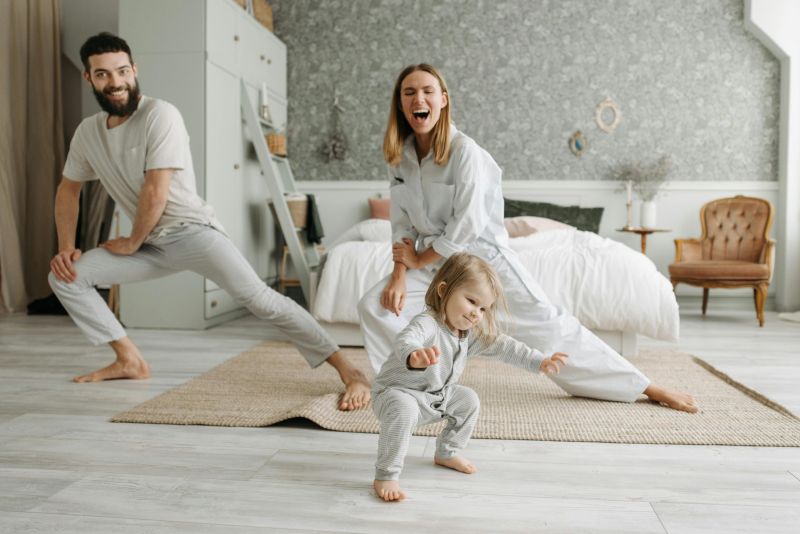Caring for You, Too: Self-Care in the Early Days of Parenthood
Maternal Mental Health Awareness Week is a timely reminder that caring for yourself is not optional — it is essential. Whether you’re a new parent, a seasoned carer adjusting to life with your own child, or a practitioner supporting families in the perinatal period, this is your gentle nudge to consider your own needs alongside those of the baby.

Self-care isn’t selfish — it’s survival
There’s a myth that good parents and carers put everyone else first, always. But the truth is, when you pour from an empty cup, it’s everyone who goes thirsty — including you. Feeling burnt out, tearful, touch-starved or overstimulated doesn’t mean you’re failing — it’s a sign your needs have been shelved for too long. And the irony? Meeting those needs makes you more emotionally available, more present, and more resilient for the child who depends on you.
Your essential toolkit: Eat. Move. Rest. Connect.
We often teach that a child’s wellbeing relies on a healthy balance of nourishment, play, sleep and relationships. The same applies to adults — especially in the early days of parenthood.
Eat
Nutrition can take a nosedive when you’re sleep-deprived and managing feeds around the clock. Batch-cook when you can, accept help when it’s offered, and remember: convenience isn’t a sin. A handful of nuts and a banana counts. Hydration is just as important — keep a water bottle close by when breastfeeding, bottle feeding, or just running on fumes.
Move
Forget the gym — this isn’t about crunches or closing rings on a fitness tracker. A short walk with the pram, stretching in your pyjamas, or dancing in the kitchen can all release endorphins, boost circulation, and lift your mood.
Rest
Yes, babies are demanding — but even micro-moments of rest count. Five minutes with your eyes closed. A cuppa drunk while still warm. Saying no to visitors when your instinct says “not today”. Let rest be a boundary, not a luxury.
Connect
Many new parents experience loneliness, even when rarely alone. Peer support — whether from a local baby group, an online forum, or a WhatsApp chat with a fellow mum — can be a lifeline. Speak honestly. Ask for help. Share what’s really going on beneath the polite smile.
Boundaries are brave
As professionals, we often teach parents about routines and limits for children. But what about boundaries for ourselves? It’s okay to say no to guests. To decline unsolicited advice. To choose quiet over chaos. To say: “Not right now — I’m recovering, I’m adjusting, I’m doing my best.”
A word to our learners and community
If you’re a childcare practitioner, maternity nurse or doula — please remember this: your training and compassion don’t make you immune to struggle. You are not failing if the transition into parenthood feels overwhelming. You are not less capable for needing support. In fact, by modelling self-care and honesty, you set a powerful example — for your clients, your children, and yourself.
And if you’re supporting new parents in your work, this week is a reminder to listen without judgment, to notice the signs of emotional strain, and to share resources that may help.
Where to find support
For anyone feeling the weight of this transition, here are a few resources you can turn to or recommend:
-
PANDAS Foundation – Support for pre- and postnatal mental health
-
Mind’s Side by Side – Peer support online community
-
Home-Start UK – Practical and emotional support for families
-
Your local health visitor, GP or perinatal mental health team
In summary…
You don’t have to be perfect. You don’t have to be on top of everything. You don’t have to be anyone other than who you are, right now. Self-care is not a bubble bath once a month — it’s making room, daily, for the human behind the carer. You matter. And it’s okay to act like it.



